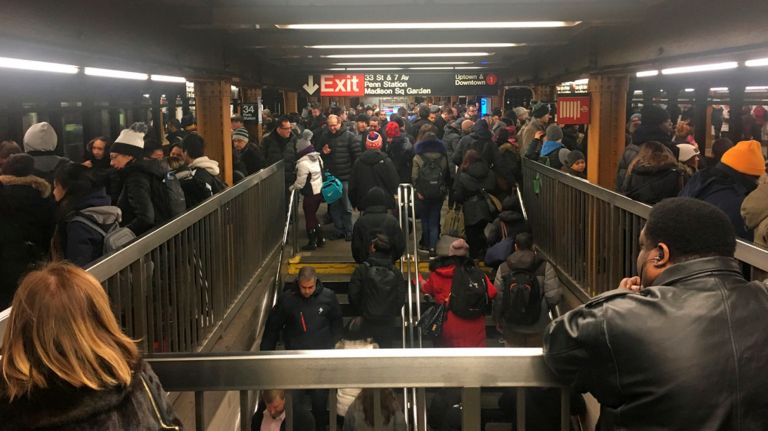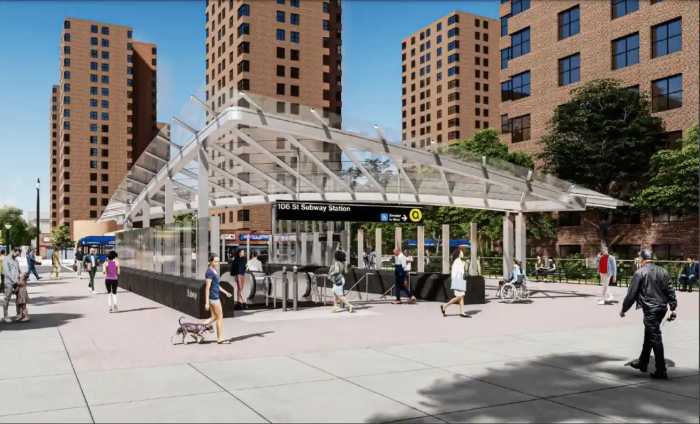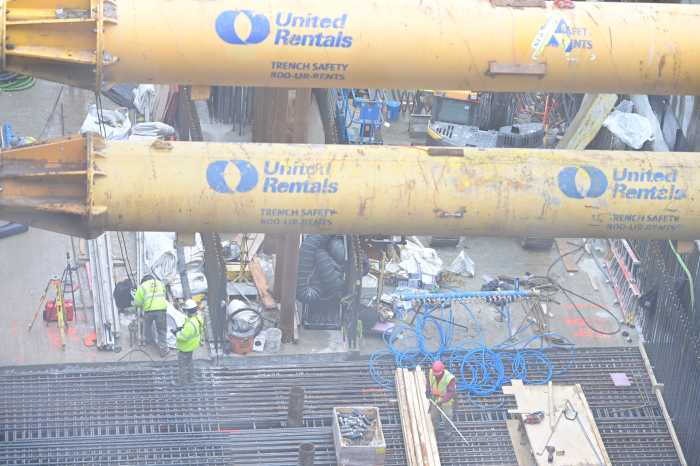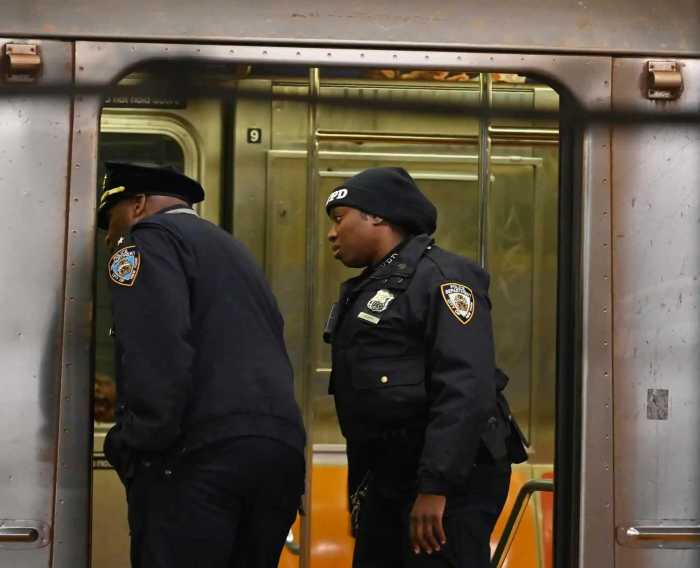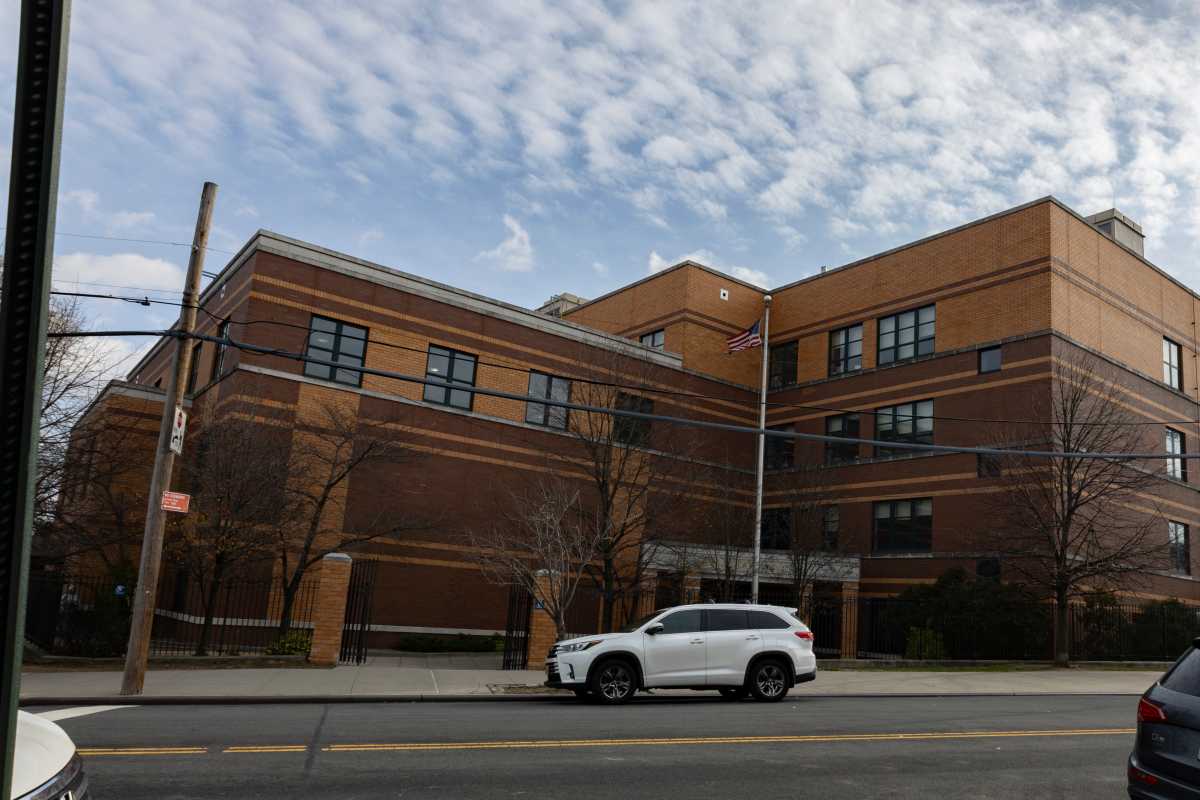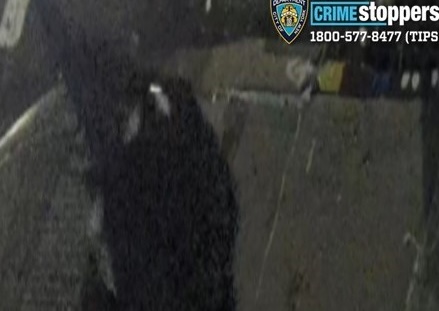
The group tasked with fixing the MTA just threw out its life raft.
Congestion pricing, cost reforms and drastic operational and governance reorganizations at the MTA are among a slew of 23 recommendations the Metropolitan Transportation Sustainability Advisory Workgroup put forth in its report published Tuesday. The highly anticipated report was crafted to serve as a blueprint for the MTA, lawmakers and members of government looking to solve the region’s transportation crisis.
The state convened the workgroup as subway, bus and commuter rail service plummeted, bringing sharp ridership declines in New York City service, and as the MTA faces a roughly billion-dollar budget gap by 2022. The workgroup’s report comes as the transit authority seeks funding for its roughly $40 billion, 10-year plan, called Fast Forward, to completely modernize subway, bus and accessibility services.
“This is a fundamental, existential question for this region and this city — that if you want to continue to function, if you want to continue to thrive, things have got to get better on the subways and the buses and we have to pay for it,” said Queens State Sen. Michael Gianaris, a workgroup member. “We have to make a decision as a society that we need to fund mass transit.”
The panel — composed of lawmakers, MTA board members, transportation experts and business community leaders — has recommended funding transit construction in part through new tolls into Manhattan, which could bring in more than $1 billion annually, and even floated the idea of dissolving the MTA into more efficient factions.
The report also calls for labor reforms; independent audits of the MTA’s notoriously overpriced and delayed construction projects; and an embrace of more, longer-term shutdowns of subway service in order to make critical repairs and upgrades to the syste,
Yet it remains to be seen what impact the report will actually have. Its nearly two dozen recommendations require joint collaboration between the MTA, its board, city and state governments and their respective elected officials. And it’s not the first time such a group has convened to solve these problems — a 2014 report from another commission tasked with some similar objectives “disappeared into oblivion,” according to Kathryn Wylde, the president and CEO of Partnership for New York City.
But Wylde, who served on both that previous panel, called the Transportation Reinvention Commission, as well as the new workgroup, said the dire state of the MTA this time around has raised the stakes and caught the attention of those who can bring change.
“It’s possible within the resources that we can assemble in New York to fix this problem; it’s possible to become the best . . . mass transit system in the world. We just got to focus on it and make it our priority,” Wylde said. “And I think for the first time every governmental body — both local and throughout the region . . . as well as the governor and legislature — are prepared to do that. And I have not seen that before.”
The test will begin in January, as Gov. Andrew Cuomo unveils his budget and state lawmakers convene for the next legislative session. Cuomo has for more than a year now pitched congestion pricing as a way to bring a new source of continuous revenue to the MTA and pledged Monday to make the policy part of his priorities for the first 100 days of the session.
“The working group’s support for congestion pricing reinforces the governor’s belief that it is the most viable way to provide a dedicated funding stream to the MTA and must be enacted by the Legislature this session,” said Patrick Muncie, a Cuomo spokesman, in a statement.
Still, it’s unclear where members of the State Assembly and Senate sit on the idea. Both Gianaris and Assemb. Amy Paulin, a fellow workgroup member, were uncertain where support stands on congestion pricing in their respective chambers.
And revenue from congestion pricing alone wouldn’t be enough to right the MTA’s ship; it’s called for multiple new revenue streams. The workgroup shared that opinion but couldn’t reach a consensus on other new funding options.
The body also did not go as far as to outline specifics for its recommendations offered in the report, noted Rachael Fauss, senior research analyst at the good-government group Reinvent Albany.
“There’s a lot of questions about how to reorganize the MTA and they raise some of the options, but they didn’t specifically mention different pieces — so it remains to be seen what the governor and legislature might do on accountability of the board itself,” Fauss said. “Some of the more political questions about ownership — city versus state — remain unanswered.”



